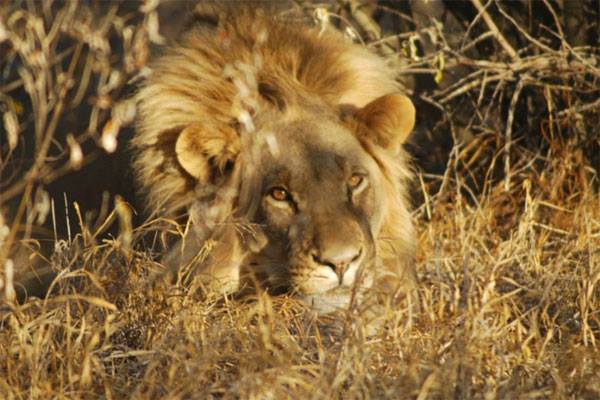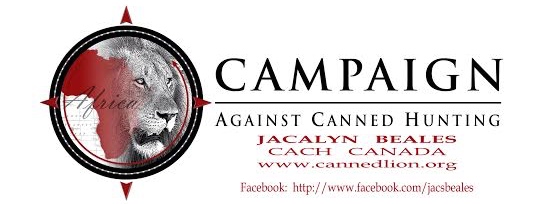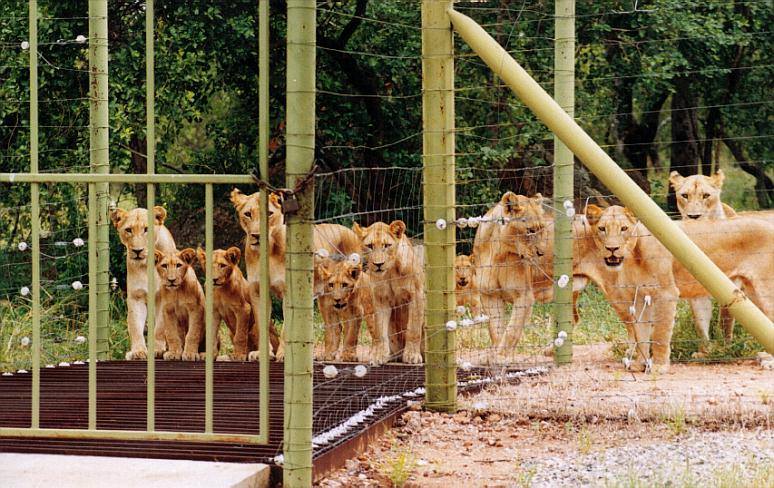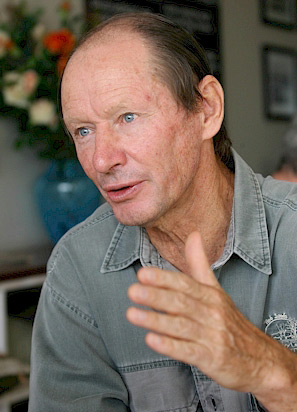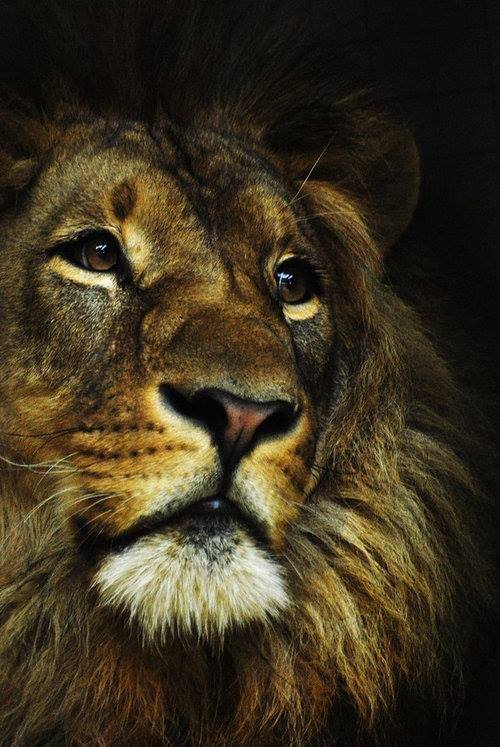What We’re Not Doing For Africa’s Lions
Let’s Talk A Little Bit About What We Aren’t Doing For Africa’s Lions
What We Not Doing For Africa’s Lions – Suppose we use conventions and associations such as CITES and PHASA to govern whether Africa’s lion is being properly protected at a political and governmental level. Recently, the media and animal activists alike rejoiced over news that the EU has set to ban the import of lion hunting trophies from several west African countries.
Guest Writer
Jacalyn Beales
Canadian Representative CACH
Up until this point, lion trophies have simply been regulated by CITES (Convention on International Trade in Endangered Species) but the importation of trophies hasn’t been strictly banned or well-discouraged. The media automatically accepted this “ban” without critically asking questions nor searching for the necessary truths; simply, this served to solidify the fact that ambiguity in the media is directly equitable with the ambiguity present in the associations which exist to “conserve” species through ethical hunting.
A perfect example of ambiguity in the media when it comes to animal rights and welfare, is the recent ABC News article regarding Tiger Temple. The title of this article, “Wildlife Officials: Famed Thai Temple Doesn’t Abuse Tigers,” not only allows for widespread misinterpretation, but also assumes a lack of abuse occurring at this Temple. Of course, this is false and must further be looked into before presuming that no abuse exists (which it does; see Cee4Life).
“Ethical hunting.” If we are to consider how conservation via “ethical hunting” is perceived when it comes to Africa’s wildlife, then we need look no further than to PHASA. The Professional Hunter’s Association of South Africa has a “code of conduct” which freely stipulates that any member-hunter of the association will “respect the natural resources of the country in which he hunts; “their mission statement also prescribes its members to participate in, and promote, the conservation of Africa’s wildlife. But this presumes that hunters are actively concerned about the welfare of Africa’s wildlife, not simply the conservation of it through hunting. And, because we know that hunting does not actually promote nor achieve conservation, are PHASA’s guidelines and missions not comically ineffectual and pointless?
Say I travel to South Africa to hunt a lion. Assuming I am a member of PHASA and truly believe I help in the conservation of Africa’s wildlife through hunting, I decidedly kill three lions and plan to import them back to North America. CITES has not banned this and, because I adhered to PHASA’s guidelines of “ethical hunting,” killing these innocent creatures for trophy has not diminished their species but, rather, it helps save them. Therefore, I am an ethical hunter, trophy-importer or not.
Though the above scenario is strictly an example and I have never personally participated in any form of hunting (or trophy importation), it is effective in demonstrating just how ridiculous associations such as PHASA are. At the risk of sounding too pessimistic, I cannot agree that there is any good in regulating the hunting industry, especially when the ethics are skewed and inevitably futile. Trophy, sport and canned hunting share absolutely no concern for the welfare, nor the conservation, of Africa’s wildlife. And why should it?
A hunter from America spending anywhere from $15,000-$100,000 on a hunting expedition isn’t paying to conserve a species, and he/she certainly isn’t perturbed over any animal’s wellbeing. They come for a trophy, and they leave with one. Regardless of whether they kill an animal within the specific guidelines of a CITES or PHASA regulation, is neither here nor there. The end result is the same: animals die for trophies and hunters get away with it under the guise of “conservation”via “ethical hunting.”
While many of us continue to fight for the rights of the African lion, there is much less being done by the government and other governing bodies/associations to help in the efforts of saving these creatures. Permits continue to be issued to hunters because there is no scientific evidence which immediately proves that hunting practices, like canned hunting, impact the wild populations of lions in Africa. Whilst us animal-welfare advocates scream from the sidelines about the ridiculousness of this assumption, it is nevertheless the “lay of the land” when it comes to bodies such as CITES who issue permits and simply seek to regulate trophy hunting and importation; they don’t actually help abolish it altogether.
Chris Mercer, co-founder of CACH (Campaign Against Canned Hunting) spoke out recently about the issue of the media misinterpreting the latest news from CITES regarding the EU ban in lion trophy importation.
Chris Mercer
As he stated, “Despite what you have read about the EU ‘cracking down’ on lion trophy imports, in fact this is just a meaningless layer of bureaucracy. Talk to good CITES officials (there are some!) and they’ll tell you that all they do when a hunter wants to import a lion trophy is to refer the request to ‘Scientific Services.’ This august body will throw the request back at them saying ‘issue the import permit because there is no evidence that canned lion hunting in SA is adversely impacting wild lion populations.”
Further, as Mercer explains, these scientific authorities refuse to accept evidence of the impact hunting has on lion populations if it isn’t contained within a serious publication written or arranged by a serious scientist. Do we need a biologist crawling on his hands and knees, tracking lions for days and working alongside canned hunters, just to get a piece published evidencing the effect this hunting has on wild lion populations? As Mercer says, this is all the result of foolish dogma or credo which people succumb to simply because no one has bothered to publish a “serious” scientific piece. In my mind, it shows the lack of concern Africa’s governing bodies and other associations actually have for the current and future state of its lions.
Needless to say, what we aren’t doing for Africa’s lion outweighs what we are doing for the species. That certainly is not meant to discount the efforts (both past, current and future) taken to help save the African lion. I myself am more than aware of the wonderful things individuals and groups do every single day in order to fight for the welfare of this beautiful species.
But what occurs at political, economical and governmental levels leaves so much to the imagination in regards to what needs to be done and what is being done by these bodies. Are we not seeing it clearly, or does the issue simply lie with these associations/conventions/bodies who are more concerned about money and politics than the natural resources they are allowing to be so quickly and mercilessly depleted?
Despite the efforts of some passionate government and political members (for example, the MPs in Australia and Toronto who are actively taking a stance against trophy hunting in Africa), what begs to be questioned is whether the voice of a few can make a roar loud enough to truly change the harmful and pointless actions carried out by governing bodies who contribute little to saving Africa’s lions.

